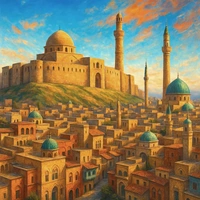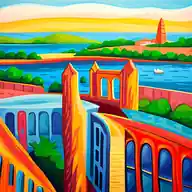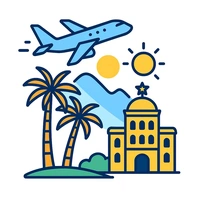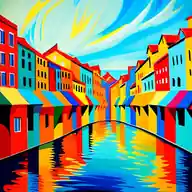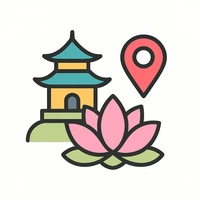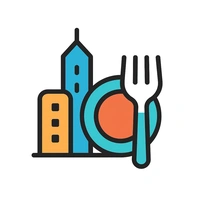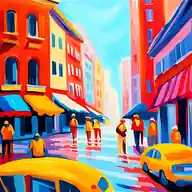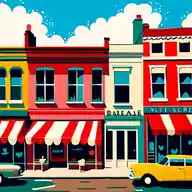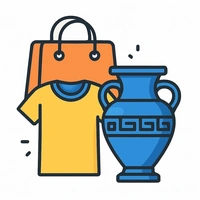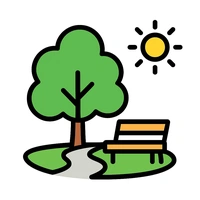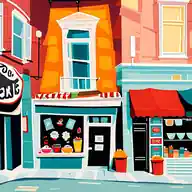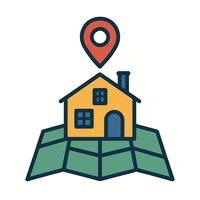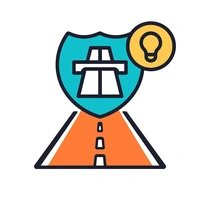Kirkuk, a city in Iraq, stands out due to its unique blend of ethnic and historical tapestry; it is a vibrant mosaic woven with Kurdish, Arab, Turkmen, and Assyrian influences. Its ancient Citadel, perched atop a settlement mound that has sustained human activity for over 5,000 years, showcases diverse architectural marvels, narrating stories of ancient civilizations. The region's rich oil reserves add a layer of contemporary geopolitical significance, making Kirkuk an enduring focal point of cultural and economic complexity.

Culture & Entertainment

Shopping & Local Markets

Accommodation & Living

General City Overview
Notable points about Kirkuk
- **Historical Significance**: Kirkuk is one of the oldest continuously inhabited cities in the world, boasting over 5,000 years of history. It served as the heart of ancient civilizations such as the Hurrian, Assyrian, and Babylonian Empires. This deep historical fabric makes it a captivating destination for history enthusiasts and those interested in archaeology.
- **Cultural Diversity**: The city is a melting pot of ethnicities, including Kurds, Arabs, Turkmen, and Assyrians. This diverse cultural tapestry is reflected in the city's traditions, languages, and cuisines, offering a unique opportunity to experience a rich blend of cultural expressions.
- **Religious Tolerance**: Kirkuk is home to a variety of religious beliefs, with populations of Muslims, Christians, and other minority faiths coexisting. The presence of ancient churches and mosques side by side stands as a testament to the city's spirit of religious tolerance and cohabitation, which can be particularly intriguing for visitors interested in interfaith harmony.
- **Oil Resources**: Often referred to as the "Black Gold City," Kirkuk's economy has long been tied to its rich oil reserves, making it a significant player in Iraq's petroleum industry. This aspect attracts professionals interested in energy sector dynamics and economic development.
- **Ancient Citadel**: The iconic Kirkuk Citadel, perched on a hill, offers stunning views of the city. Dating back to the ancient Assyrian era, it's an intriguing site for architecture buffs and history lovers, providing a window into the engineering marvels of the past.
- **Strategic Location**: Kirkuk's geographical position at the crossroads of multiple regional trade routes has historically made it a key strategic location. This remains relevant today for businesses and individuals interested in trade and economic opportunities.
- **Green Spaces and Parks**: For families and those seeking recreation, Kirkuk offers several green spaces, such as Dokan Lake and Taqtaq Bridge Park, which provide spots for picnics, leisurely walks, and family gatherings amidst nature's beauty.
- **Education and Learning**: The presence of institutions like the University of Kirkuk, established in 2003, highlights the city's commitment to education and development, offering educational opportunities for young people and academics.
- **Vibrant Markets**: The bustling bazaars and markets in Kirkuk teem with traditional crafts, textiles, spices, and local delicacies. For singles and shoppers, this offers a unique shopping experience that combines commerce with cultural immersion.
- **Distinctive Regional Identity**: Unlike many other cities in Iraq, Kirkuk's complex ethnic composition and historical claims from different groups have created a unique regional identity. This adds layers of complexity and interest for scholars and politically minded individuals looking to understand Iraq's social and political dynamics.
